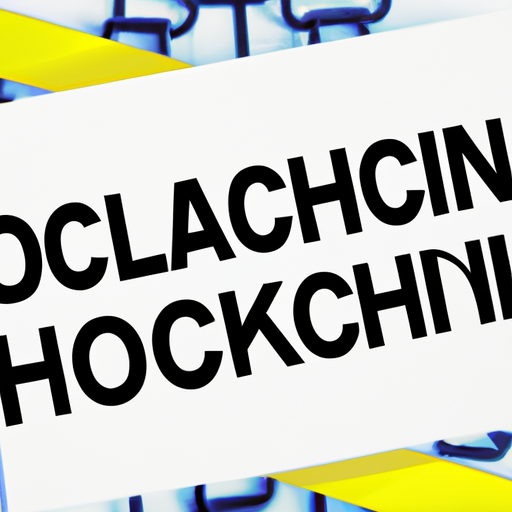In recent years, Blockchain technology has emerged as a game changer for various industries, and Supply Chain Management is one of the sectors positioned to benefit immensely. This decentralized ledger technology can enhance efficiency, improve transparency, and foster trust among parties involved in the supply chain process.
Understanding Blockchain in Supply Chain Management
Blockchain is a digital ledger that records transactions across multiple computers in a way that the registered transactions cannot be altered retroactively. This characteristic makes it an ideal solution for Supply Chain Technology where multiple stakeholders are involved, ensuring data integrity at every stage of the supply process.
The Benefits of Blockchain for Supply Chain Management
1. Enhanced Transparency
Blockchain provides an immutable record of transactions, allowing all parties in the supply chain to have access to the same information about the product journey. This visibility reduces disputes and builds trust among partners.
2. Improved Traceability
With Blockchain, products can be traced from origin to final destination. In case of a product recall, businesses can quickly identify the source of the issue, minimizing the impact on their operations and enhancing customer safety.
3. Increased Efficiency
By automating processes and reducing manual paperwork through smart contracts, businesses can streamline their operations and reduce delays. Smart contracts are self-executing contracts where the terms of the agreement are written into code on the blockchain, ensuring automatic and trusted transactions.
4. Cost Reduction
Blockchain can significantly cut costs associated with intermediaries and transaction fees. By using a decentralized network, businesses can eliminate the need for middlemen, reducing the overall cost of managing the supply chain.
Blockchain Use Cases in Supply Chain
Multiple sectors have begun integrating Blockchain into their supply chains:
- Food Industry: Companies like Walmart use Blockchain to trace food products back to their source, ensuring safety and quality control.
- Pharmaceuticals: Major players are utilizing Blockchain to ensure drug authenticity and prevent counterfeit products from entering the market.
- Luxury Goods: Brands are employing Blockchain to prove authenticity and track the provenance of their products.
Challenges and Considerations
While Blockchain presents numerous benefits, there are also challenges to consider. Issues such as scalability, regulatory hurdles, and integration with existing systems need to be addressed before widespread adoption can occur.
Conclusion
Blockchain technology holds the potential to revolutionize Supply Chain Management by providing a transparent, efficient, and secure framework. As businesses continue to explore digital transformation, embracing Blockchain will likely become a strategic priority to remain competitive and responsive to evolving market demands.
For organizations looking to enhance their supply chain operations, now is the time to explore the possibilities that Blockchain technology can offer.












